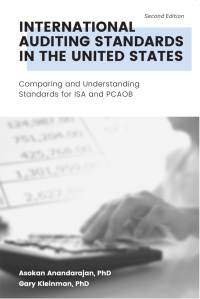Question
Marybeth and Anneal Yao are beginning to contemplate retirement. They are each forty-five years of age and have saved a total of $500,000 for retirement.
Marybeth and Anneal Yao are beginning to contemplate retirement. They are each forty-five years of age and have saved a total of $500,000 for retirement. Marybeth and Anneal realize that they have not saved sufficiently to be able to retire early, fully retire without some part-time employment, or replace 100 percent of current pre-retirement income. As such, they are willing to explore different approaches to reach retirement.
Marybeth and Anneal have a combined annual income of $125,000. They believe their salaries will keep pace with inflation at 4 percent per year. They are also comfortable assuming that the effective annual rate of return on their retirement assets will be 9.0 percent before retirement and 6.5 percent after retirement. For now, Marybeth wants to keep the planning simple, projecting that they will both die in exactly forty years and that their retirement assets will be depleted with the exception of $100,000 to cover funeral and burial costs. Lastly, they do not want to continue saving after they retire (either partly or fully).
As their financial planner, provide some assistance in calculating the amount of retirement assets needed on the first day of retirement, based on the two options listed below. Considering the information presented in the case, which outcome requires the lowest monthly (end-of-month) contribution if they also require that their retirement annuity grow by 4.0 percent per year to keep pace with inflation? (Ignore the effects of income taxes and Social Security on the answer.)
a.To retire at age fifty-five with an income replacement ratio of 60 percent.
b.To retire at age fifty-five with an income replacement ratio of 100 percent but work part-time for an additional ten years to offset half the projected annual need for those ten years. (In other words, Marybeth and Anneal will have a 50 percent replacement ratio for 10 years and a 100 percent replacement ratio thereafter.)
c.To retire at age sixty-five with an income replacement ratio of 100 percent.
Step by Step Solution
There are 3 Steps involved in it
Step: 1

Get Instant Access to Expert-Tailored Solutions
See step-by-step solutions with expert insights and AI powered tools for academic success
Step: 2

Step: 3

Ace Your Homework with AI
Get the answers you need in no time with our AI-driven, step-by-step assistance
Get Started


